School exclusion, child imprisonment and a state of punishment
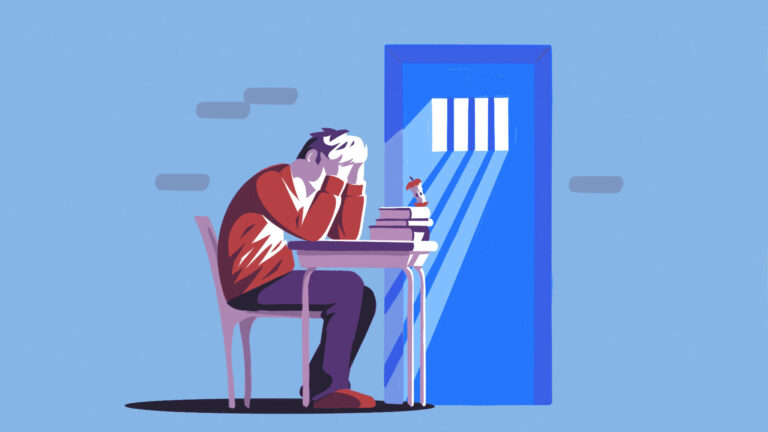
Illustration: Till Lukat
Imagine this: a student – let’s call him Mark – starts finding school hard to navigate.
Maybe it’s the curriculum or academic pressure. Or social challenges, mental health, an unstable home environment, poverty, trauma, abuse.
It’s often multiple adverse factors, having a cumulative impact on a child’s capacity to cope.
Mark needs help. He starts ‘acting out’ by avoiding class, refusing to follow instructions or engaging in ‘persistent disruptive behaviour’.
But instead of finding out why he’s struggling and co-constructing ways forward, the school doles out ‘consequences’: detention, isolation, suspension or exclusion. There is another context where these terms are routinely employed – prisons.
Young people like Mark are often subject to sanctions increasing in severity, eventually leading to permanent exclusion. This ostracism can be more harmful and long-lasting than a physical injury and might limit Mark’s conception of who he is and what he can be. He begins to believe he’s a ‘bad kid’ who can’t learn and is destined for failure.
I’ve witnessed this deeply upsetting scenario countless times.
Exclusion disproportionately affects poor children, those living in care and children from Black Caribbean, mixed white Caribbean and Gypsy, Roma and Irish Traveller backgrounds.
Exclusions have soared in Bristol – and elsewhere in England – in recent years, with children as young as five kicked out of school. 2022/23 saw record levels of school suspension in England – 787,000, an astonishing 1 in 10 pupils – with 9,400 permanently excluded.
And this doesn’t account for hidden forms of exclusion such as ‘off-rolling,’ where children are sent to ‘alternative’ schools or ‘unregistered’ provisions – illegally and under the radar.
Off-rolling occurs when young people are perceived as a ‘problem’. Parents are often pressured to move their child under threat of exclusion and most teachers report that the aim is not to support the child, but to ‘fix statistics’ and improve the school’s league table position.
Exclusion: ‘a preparation for prison’
There is an extremely close correlation between school exclusion and child imprisonment; an issue I’ve observed for many years.
English children are not uniquely challenging or ‘hard to manage’, but approaches to youth justice are exceptionally punitive compared with our neighbours. Around 420 children and young people currently live in the ‘secure estate’ (child prison) in England whereas in Scotland and Belgium, no children are incarcerated.
The prison population rate has long been higher in the UK than any other western European nation. The age of criminal responsibility here is 10, despite ongoing criticism from the United Nations. In most of Europe it’s 15.
Those who struggle most in school in England are far more likely to end up in prison.
After months or years of detentions, isolations – and finally, permanent exclusion from school – a child needs to find a sense of belonging elsewhere. They might seek others who feel alienated, disaffected and angry. Belongingness is a fundamental human motivation and where children are ostracised from mainstream society and with few other options, they might build a sense of identity alongside those with similar problems.
As Dr Karen Graham, a lecturer in criminology at City, University of London, puts it: “Schooling on the margins can serve as a preparation for prison.”
Children forcibly subjected to a ‘disciplinary career’ in school spend years in an environment mirroring prison: detention, isolation from peers, removal from class, escorts between rooms, placement alongside other ‘delinquents’ with little meaningful activity to occupy them. F
or children like Mark, this life can start to feel like the only one they should expect, becoming a self-fulfilling prophecy that makes long-term criminality and incarceration feel both normal and deserved.
Relationships and collaborative solutions
We need only look north of the border for alternative, more successful approaches.
In recent decades Scotland has undergone an ideological shift and permanent exclusions have decreased from 44,794 in 2006/07 to 11,676 in 2022/23. Their education guidance around supporting child behaviour and wellbeing is grounded in psychological theory, focusing on building relationships, developing solutions collaboratively and taking a curious, nurturing approach.
But English guidance ignores social science entirely and suggests responding to ‘poor behaviour’ with ‘reasonable force’, detention, suspension and exclusion.
Evidence shows that promoting positive behaviour and wellbeing in schools works better in a climate of belongingness, where children feel seen and heard, can work with adults to think about what works for them and have some autonomy around how they learn. This is hard to actualise in English schools championing rigid standards, set curricula and inflexible behaviour policies.
Exclusion and child imprisonment are not inevitable facts of life. They’re a consequence of ideologies that fail to acknowledge differences or flex to meet the needs of young people.
A paradigm shift is needed. If we continue to coerce, punish and exclude, we’ll see a continuance of the norm – a society where those who most need help are deliberately pushed to the margins and blamed for being there.
Independent. Investigative. Indispensable.
Investigative journalism strengthens democracy – it’s a necessity, not a luxury.
The Cable is Bristol’s independent, investigative newsroom. Owned and steered by more than 2,500 members, we produce award-winning journalism that digs deep into what’s happening in Bristol.
We are on a mission to become sustainable, and to do that we need more members. Will you help us get there?
Join the Cable today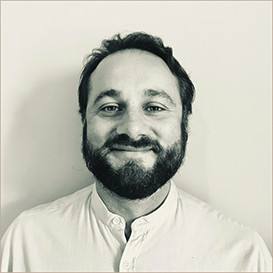


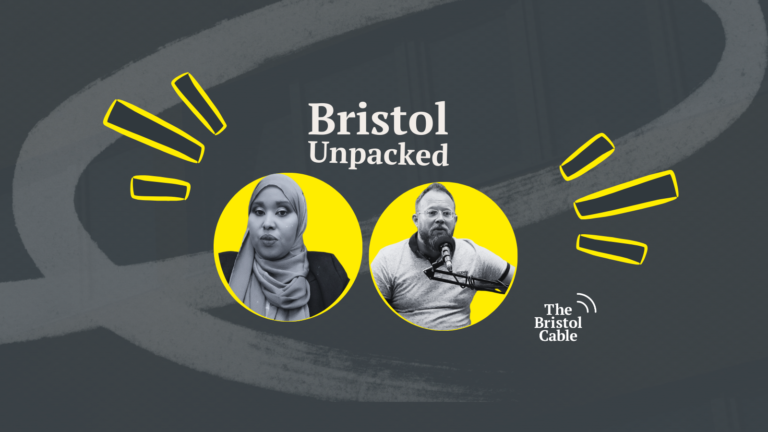



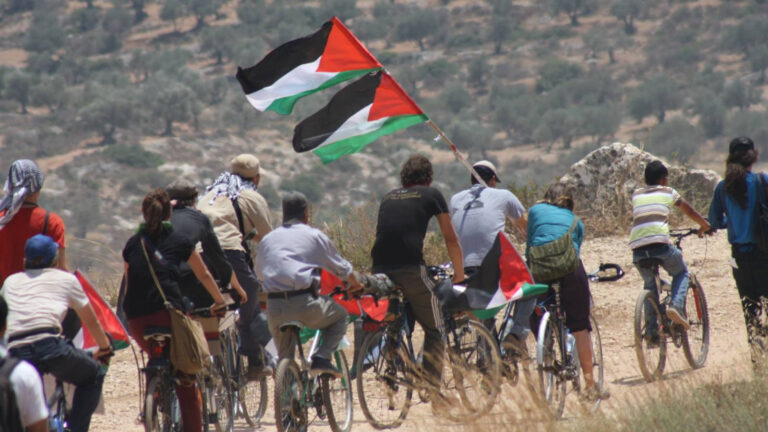

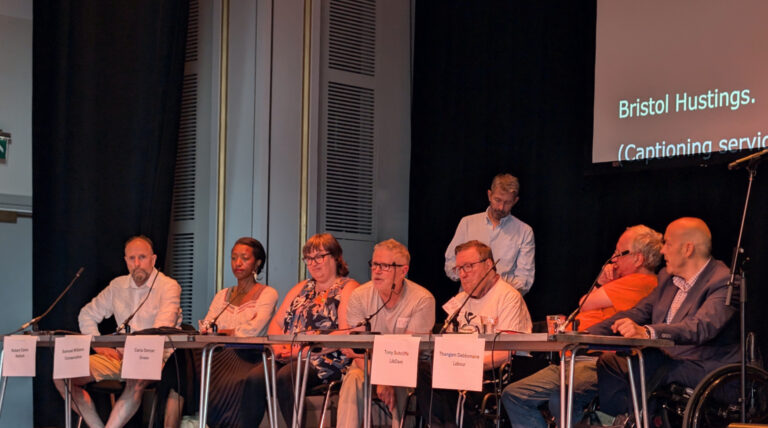

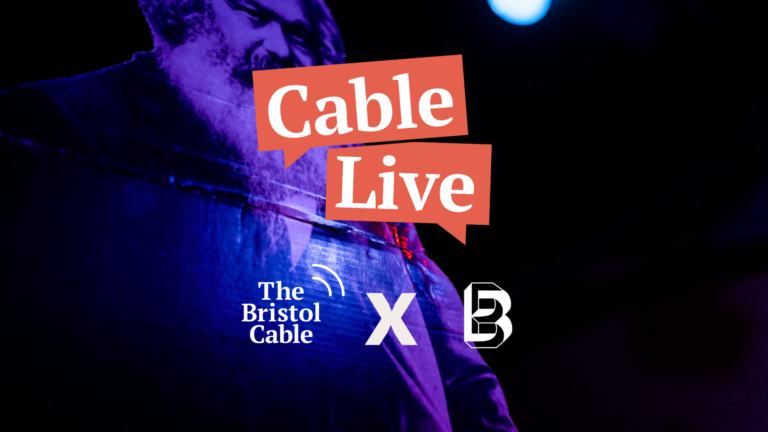
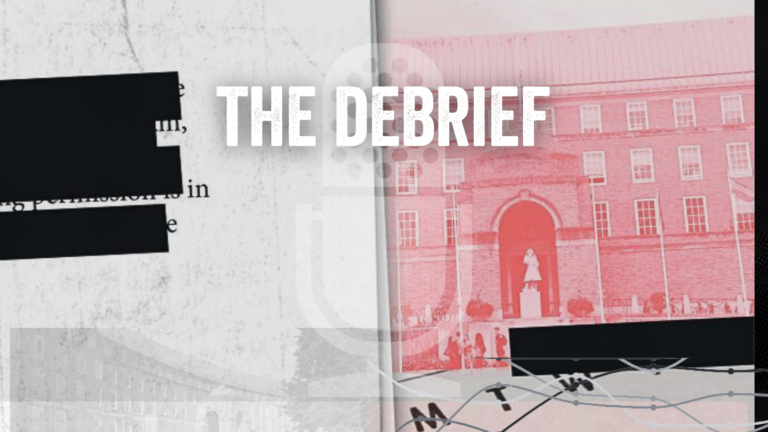

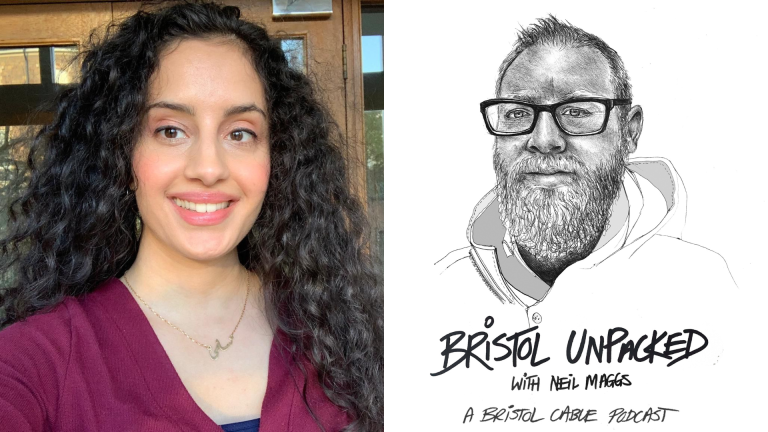

Report a comment. Comments are moderated according to our Comment Policy.
People making the laws and regulations governing these vindictive policies on defenceless kids are evidently slow learners with poor social skills and should be disciplined appropriately.
I so agree with this and something my child is currently facing and I know too well what I am having to endure and she is facing. Up against the whole school and their policy to correct behaviour is to continue to punish. They do not look at needs of child and causes of the behaviour despite parents going blue in the face saying suppprt my child please. It is disgusting then we wonder why our youth have so much mental health issues with this kind if attitude towards them what monsters are we trying to create for society cause we will get what we put in and give eventually. We give no kindness and understanding or empathy we will create beings who are unable to give them.